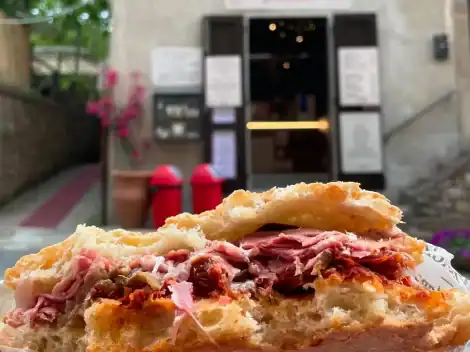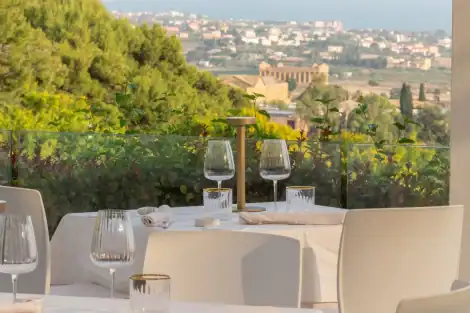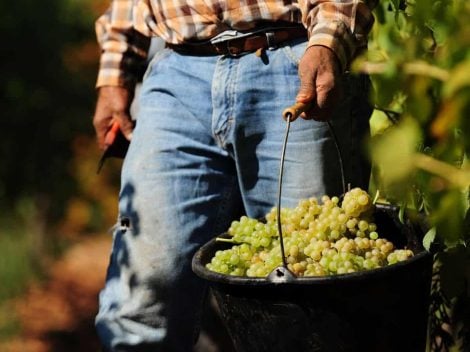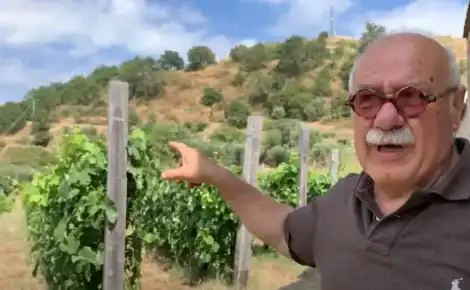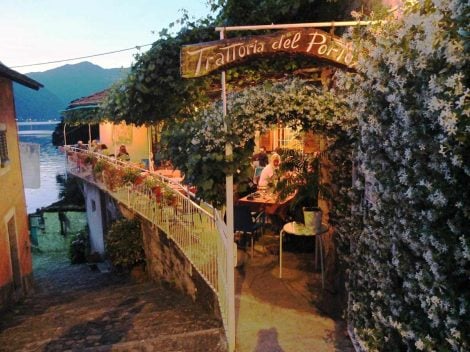We entered to taste some wines from Ciù Ciù, the winery around which brothers Massimiliano and Walter have built the Tenimenti Bartolomei constellation, and we were enchanted: by the evocative visit to Palazzo Mercolini Tinelli – especially the cellar and its grottoes – and by the authentic dishes chef Stefano Brandi offers at lunchtime. Simple, homemade, traditional dishes ideal for tasting highly local wines like those from Ciù Ciù.
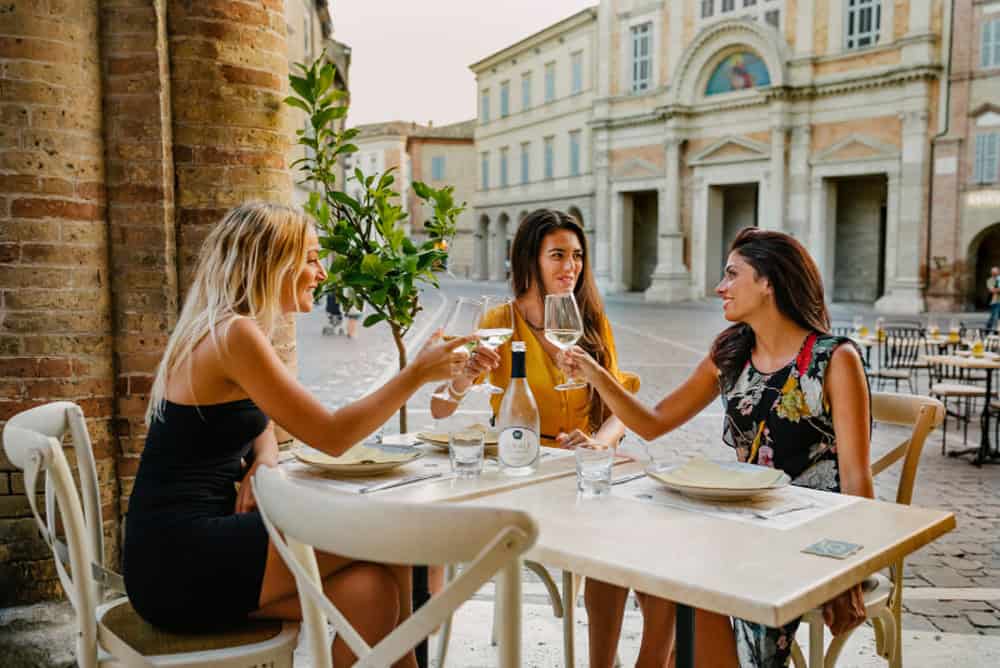
Piazza del Popolo in Offida and the enoteca Ciù Ciù
Offida: a full house at lunchtime
The surprise was also finding ourselves in a venue – which is effectively a showroom and tasting room in the square of a village with just 5,000 inhabitants – surrounded by diners taking the opportunity to enjoy a dish or two and sample some wines at the tables of a hidden wine bar behind the shop. This seemed a real success for the sign of a small – albeit charming – village like Offida, known for its Dionysian carnival and the precious art of bobbin lace. The latter feature provides creative inspiration for many of the winery’s labels, from Pecorino Merlettaie DOCG to the image of the spindle that stands out on the black background of the new Pecorino Metodo Classico project, the latest addition not yet in commercial circulation.

Roasted pepper crostini, lasagna, tagliatelle with grandmother's sauce, lamb stew with potatoes
A rural-style cuisine
We mentioned the dishes: simple and traditional. There’s tagliatelle with the grandmother’s sauce made of tomato and veal muscle; there are mezze maniche with local pork rib sauce. Sometimes, if you’re lucky, you might also come across the superb Marche ragout with chicken gizzards and livers; or sumptuous cannelloni or lasagna. These dishes generally pair with Merlettaie Pecorino or the Passerina delle Marche Evoè. However, some dishes go very well with a nice red like Oppidum, a pure Montepulciano with a slight wood influence. For main courses, there’s the Rosso Piceno Superiore, Gotico (70% Montepulciano, 30% Sangiovese) that spends a year in oak and then matures in the bottle for six months. Alternatively, depending on the dish (which could be veal stew with potatoes or grilled meat), there’s Esperanto, an Offida Rosso with 15% Cabernet Sauvignon added to the Montepulciano. Chef Stefano Brandi changes the menu weekly and alternates between stew and frecandò (a mix of spring and summer vegetables slowly cooked in the oven, very traditional), thinly sliced, marinated, and grilled local pork belly served with sautéed chicory, and lamb stew with potatoes. “People who stop here and tourists want traditional dishes, recipes that are hard to find elsewhere,” smiles Stefano, a fifty-year-old chef who started working in the kitchen at 16 and has spent his life in the kitchens of grand hotels from Sardinia to Liguria, from Spain to England, before settling in Offida three years ago.
For those staying for lunch, the meal can end with dry biscuits, usually homemade wine or anise donuts, accompanied by a sweet sparkling Malvasia.
Charcuterie and Olive Ascolane
At the beginning of lunch, or to accompany a basic tasting of three wines including Altamarea – Passerina spumante – there are cold cuts (dominated by salami and ciauscolo) and various snacks with bread and oil (a very good extra virgin from the estate), focaccia, potato and onion frittatas, or roasted pepper crostini and splendid tripe-style eggs, a frittata cut thin and passed in a sauce of three peeled and deseeded tomatoes. Not to be missed are the artisanally produced Ascolane olives from a nearby butcher’s shop in Offida. We tried them after tasting those of Paride Vagnoni (Ascolive), which are very delicious and juicy, particularly impactful and satisfying; these from Offida are more austere, very “dry” in the filling, but also very crunchy and juicy in the olive; in short, a more “rustic” but very authentic Ascolane olive that, from a different perspective, holds up well in comparison with its counterpart made in Ascoli.
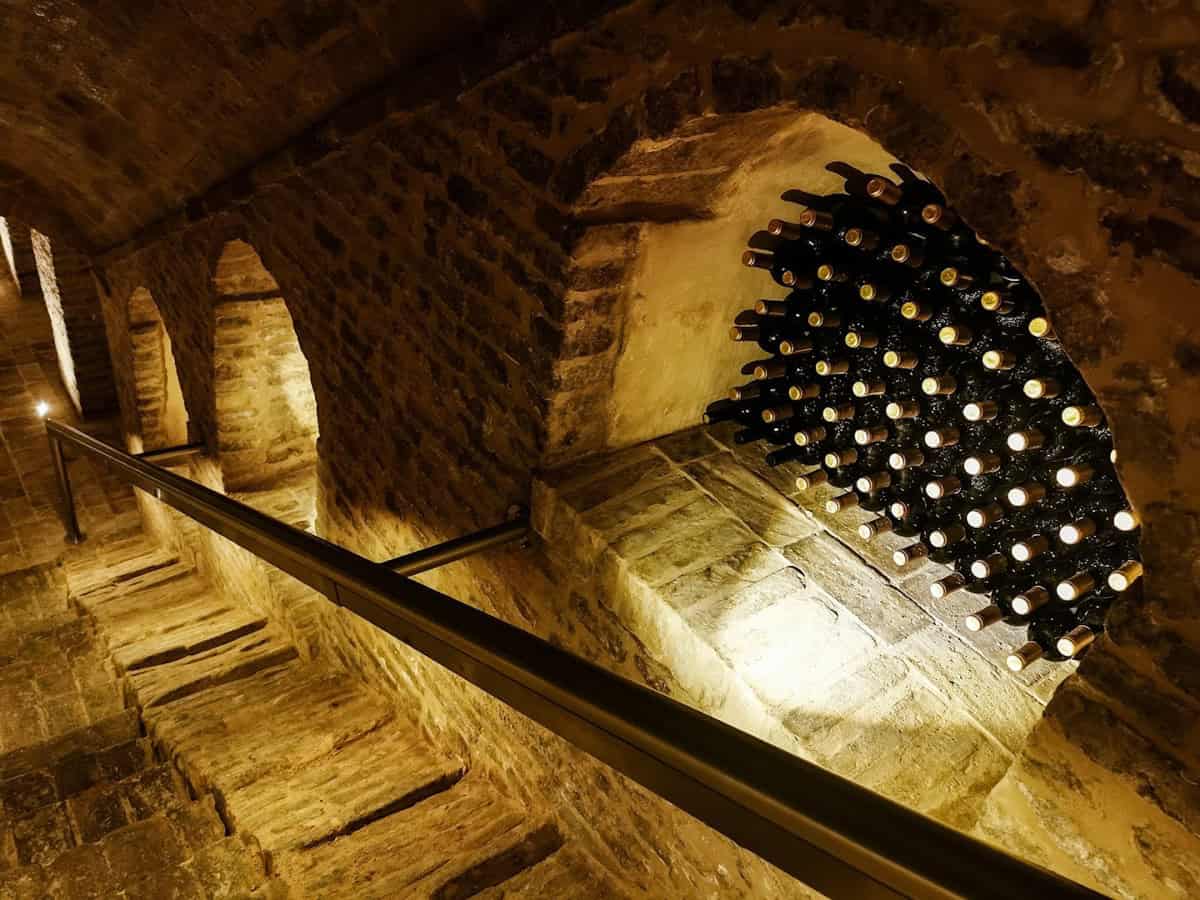
Palazzo Mercolini Tinelli: grottoes and icehouse to visit
The Ciù Ciù showroom – a strange and curious name, which is simply the family’s nickname that the Bartolomeis have carried for generations: a way of identifying and remembering people here, much more used than surnames which are often not even known – does not end at the table. Inside Palazzo Mercolini-Tinelli, a noble family’s residence in the village, you descend into the cellars and then further into the grottoes and even the icehouse. A fascinating journey inside a fragment of the network of tunnels and grottoes that connect the entire village and that were once completely connected: a sort of underground town useful in case of escape, stretching to the base of the fortified church of Santa Maria della Rocca, which dominates the area from atop a characteristic tuff cliff and – until a few years ago – was more known to English or Dutch tourists than to the Marche region’s inhabitants themselves.

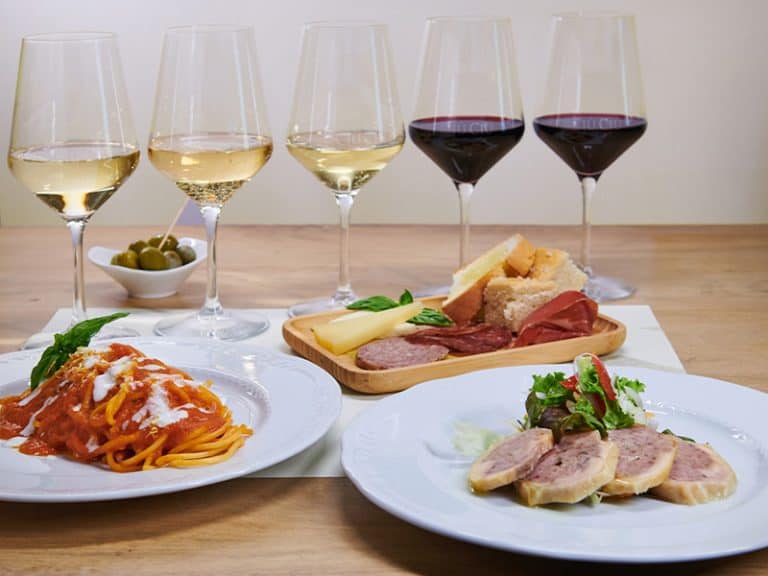
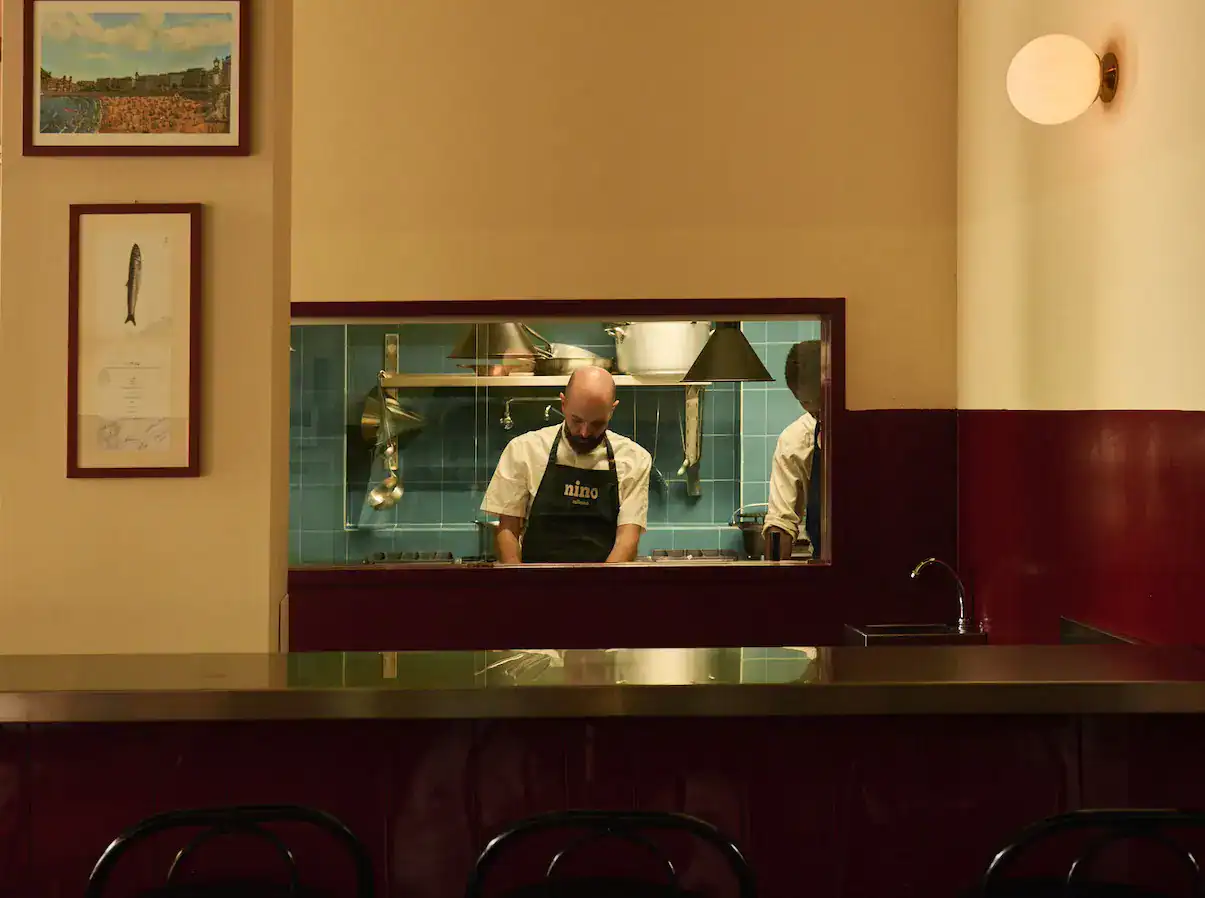 Diego Rossi of Trippa opens a new osteria: what you can eat at Nino Osteria con Cucina in Milan
Diego Rossi of Trippa opens a new osteria: what you can eat at Nino Osteria con Cucina in Milan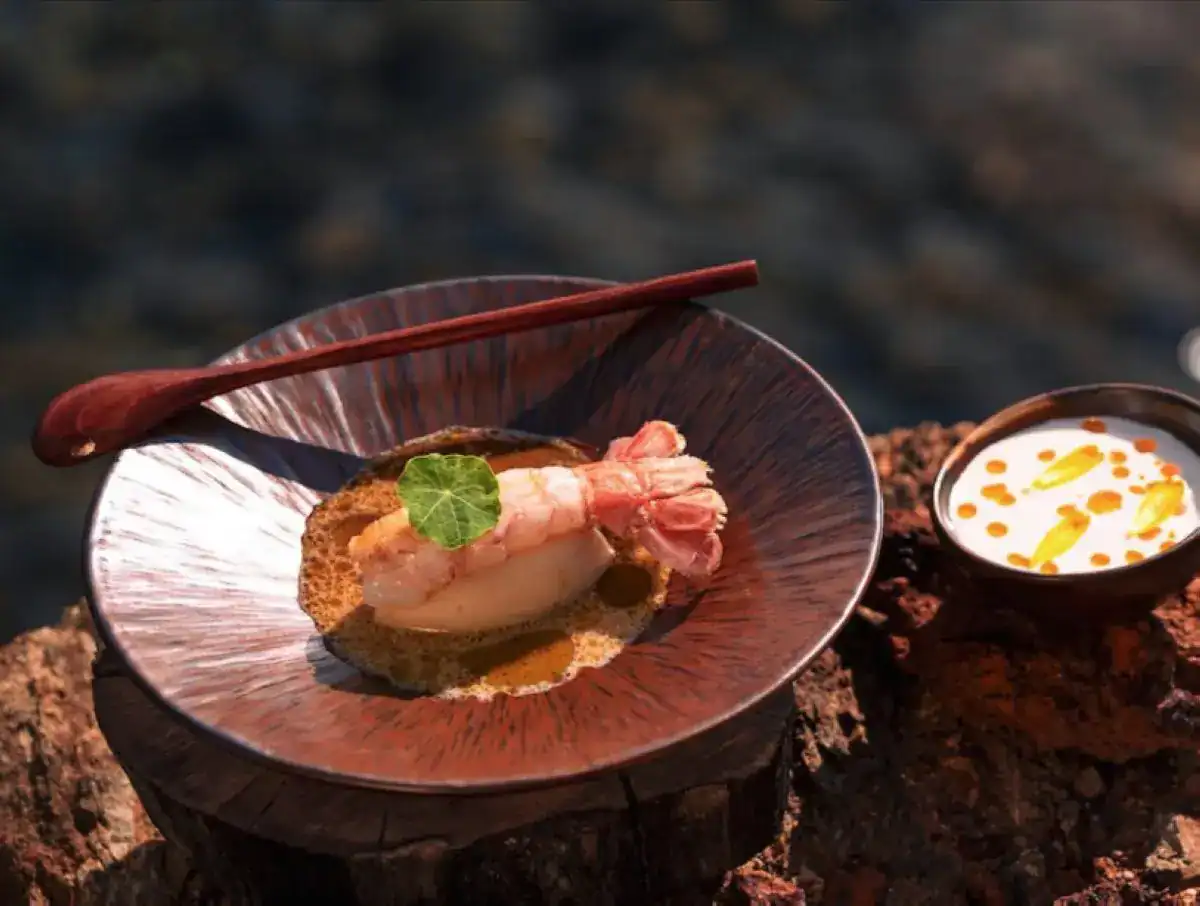 How you eat at Sentiero, the restaurant Elba Island was missing
How you eat at Sentiero, the restaurant Elba Island was missing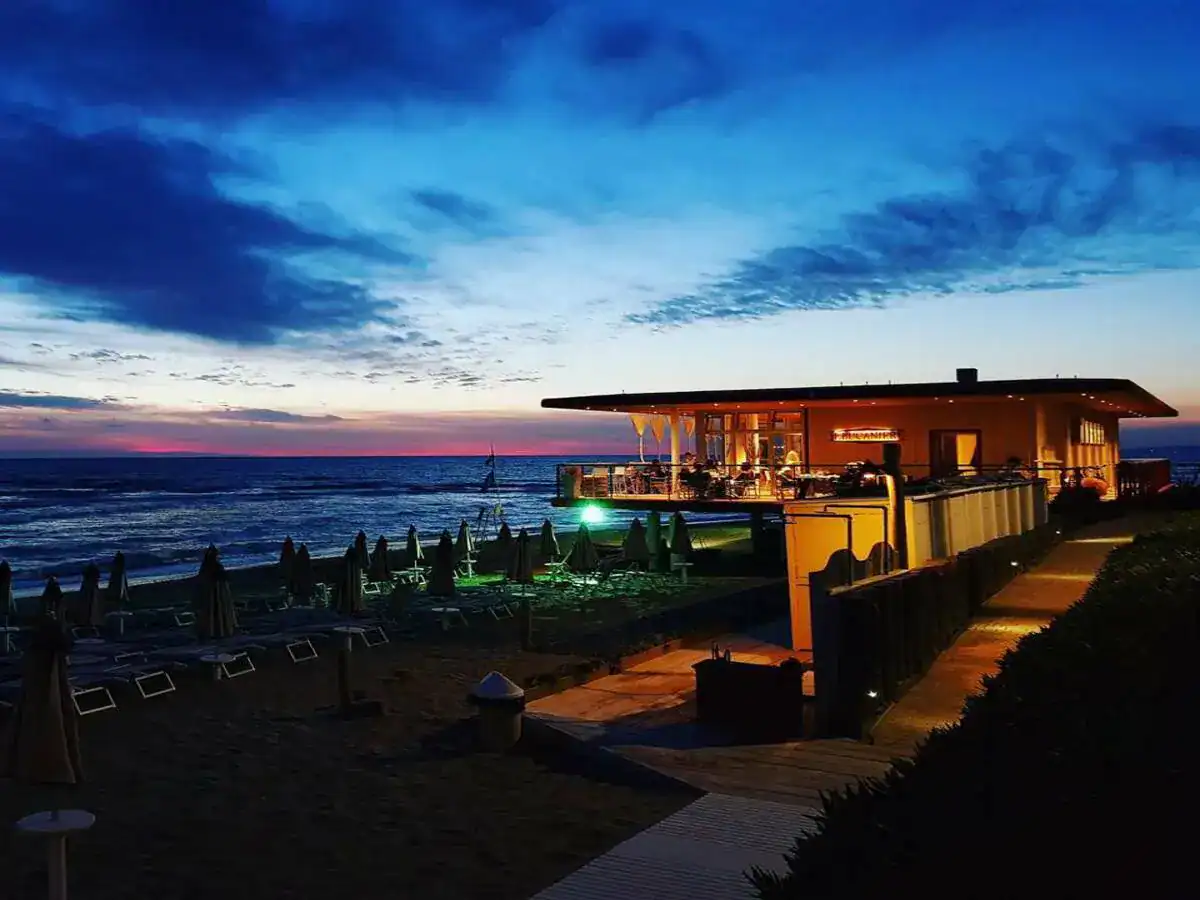 Eating by the sea in Tuscany. The best beachfront restaurants selected by Gambero Rosso
Eating by the sea in Tuscany. The best beachfront restaurants selected by Gambero Rosso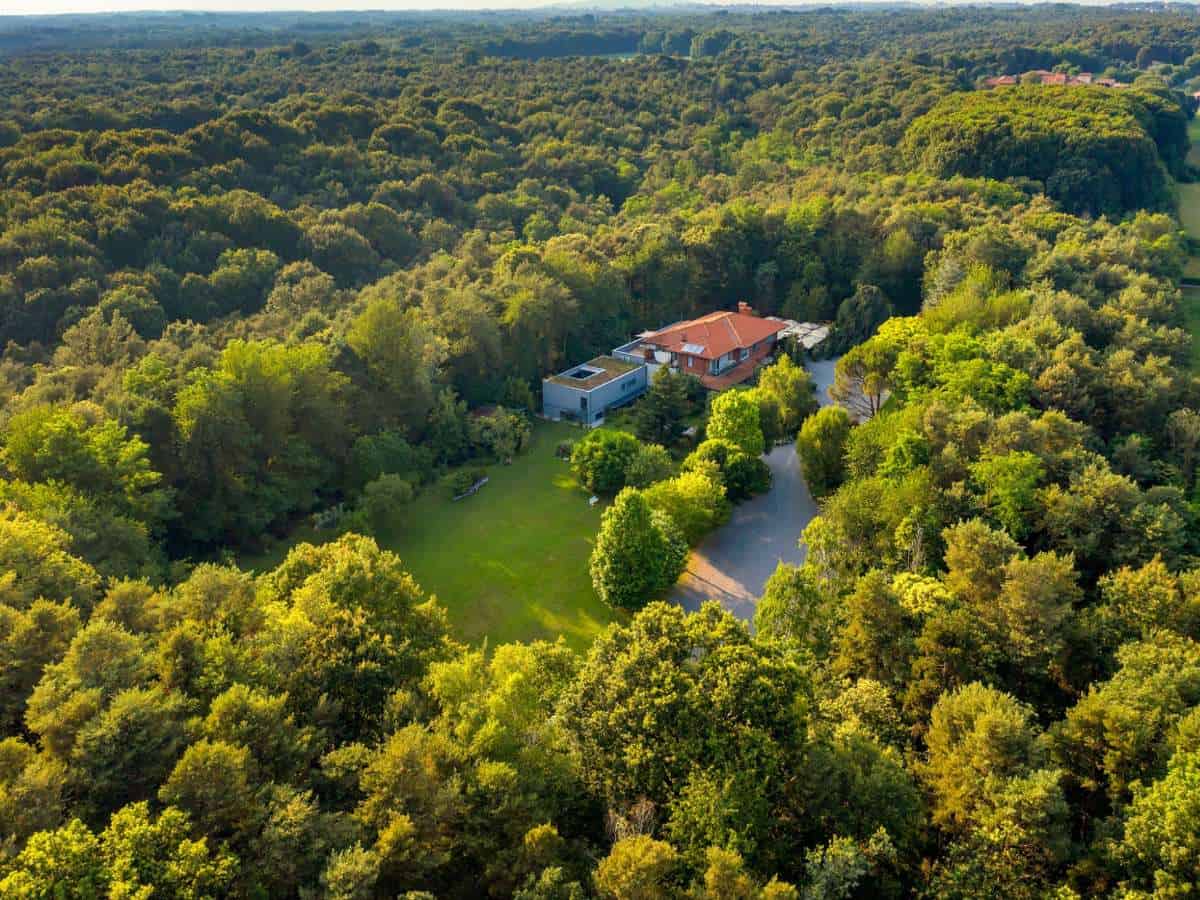 Contemporary cuisine, farmhouses and pinewoods. The hidden restaurant in the nature park near Como
Contemporary cuisine, farmhouses and pinewoods. The hidden restaurant in the nature park near Como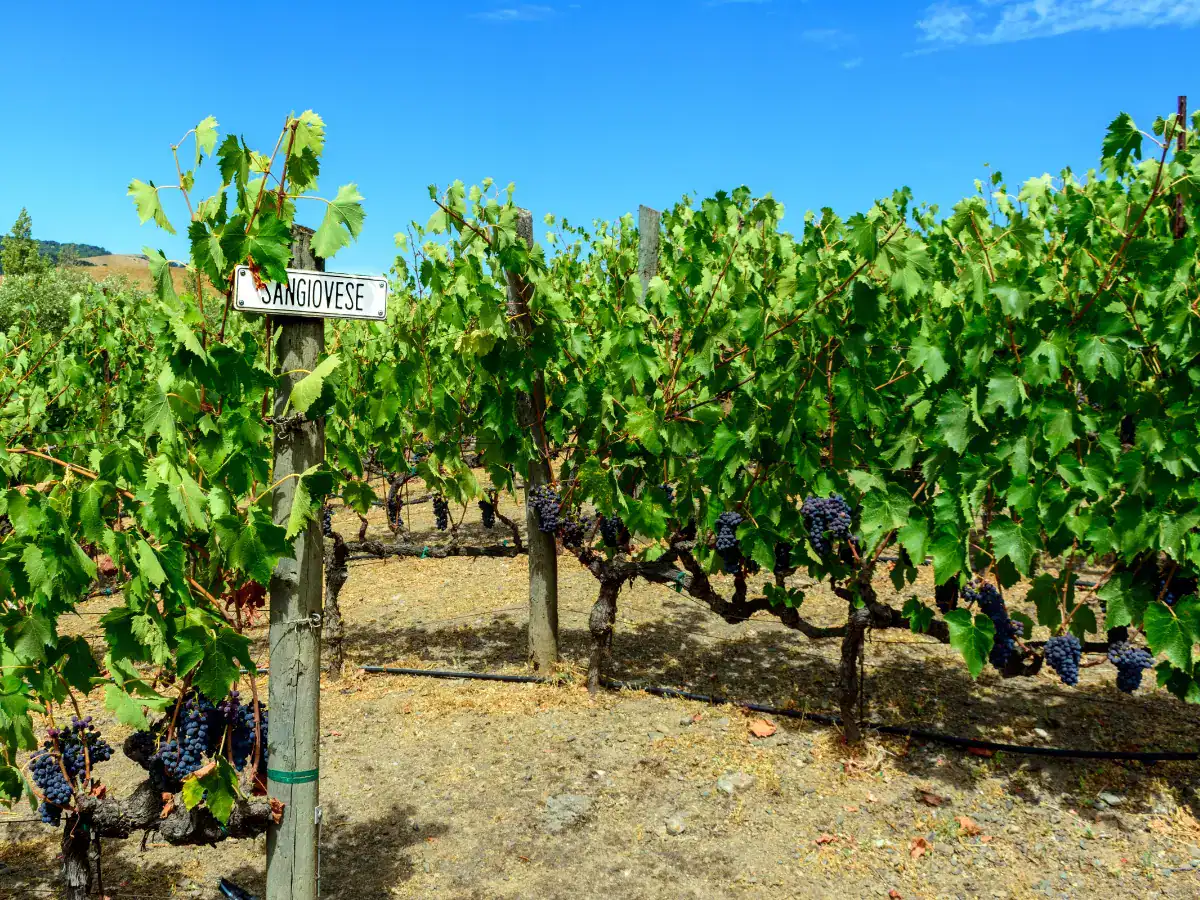 California rediscovers Sangiovese. A brief history of the revival of a forgotten grape variety in the United States
California rediscovers Sangiovese. A brief history of the revival of a forgotten grape variety in the United States